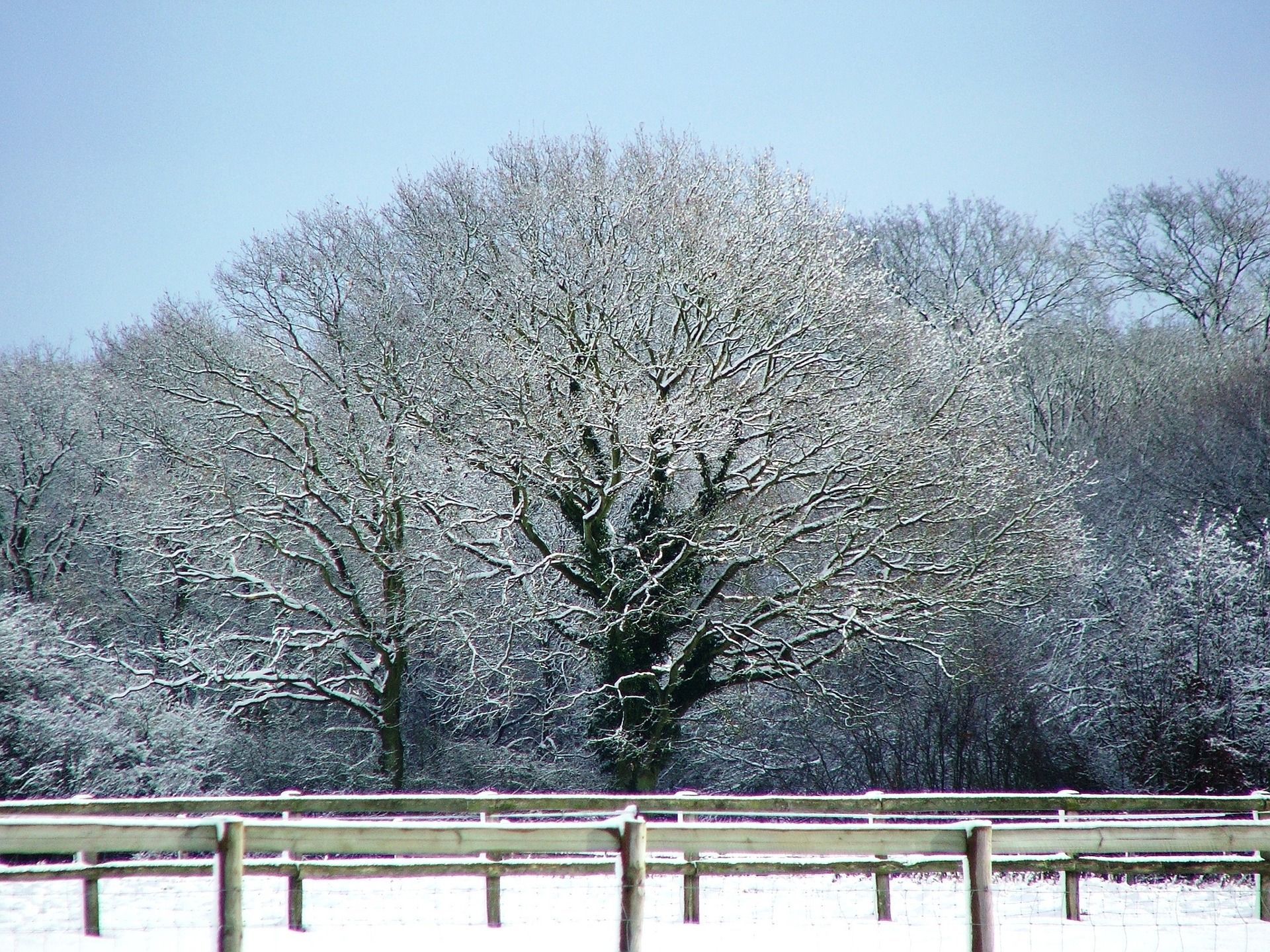Understanding Cold Weather Payments
A Guide to Eligibility and Support during Harsh Winters
- Created at

Cold Weather Payments is a scheme in the United Kingdom that provides financial assistance to eligible individuals during periods of cold weather. The payments are made to individuals who receive certain benefits, such as Pension Credit, Universal Credit, or Income Support. The scheme is activated when the temperature in a specific area falls to or below zero degrees Celsius for seven consecutive days. When this happens, eligible individuals will receive a payment of £25 for each seven-day period of very cold weather. The payments are made directly into the individual's bank or building society account, or onto their payment card.
The Cold Weather Payment scheme is intended to help vulnerable individuals with the additional costs of heating their homes during periods of cold weather. The scheme is administered by the Department for Work and Pensions and is available from November 1st to March 31st each year.
Eligibility for Cold Weather Payments To be eligible for Cold Weather Payments, individuals must be receiving one of the following benefits:
Pension Credit Income Support Income-based Jobseeker's Allowance Income-related Employment and Support Allowance Universal Credit In addition, the individual must live in an area that has triggered the Cold Weather Payment scheme. This occurs when the temperature in a specific area falls to or below zero degrees Celsius for seven consecutive days. The Department for Work and Pensions (DWP) uses Met Office weather data to determine which areas are eligible for Cold Weather Payments.
Receiving Cold Weather Payments When the Cold Weather Payment scheme is activated in a specific area, the DWP will send text messages or automated phone calls to individuals who are eligible for the payments. The payments will then be made directly into the individual's bank or building society account, or onto their payment card.
It's important to note that Cold Weather Payments are separate from Winter Fuel Payments, which is a separate scheme that provides financial assistance to older individuals to help with the cost of heating their homes during the winter. Winter Fuel Payments are available to individuals who were born on or before 5 July 1952. The amount paid under the Winter Fuel Payment scheme varies depending on the individual's circumstances, but it can be up to £300 for those who are eligible.
The Cold Weather Payment scheme is an important safety net for vulnerable individuals who are struggling to heat their homes during periods of cold weather. The scheme provides a financial boost to help with the additional costs of heating, and can make a real difference to those who are struggling to keep warm.
However, it is worth noting that Cold Weather Payment is not the only way to combat the cold weather, many other organisations, charities and local authorities provide support for those who are vulnerable and in need of help to combat the cold weather. Such as the Warm Home Discount Scheme, which is a government scheme that helps low-income households with the cost of their electricity bills, and the Energy Company Obligation, which is a government scheme that helps low-income households make energy efficiency improvements to their homes.
It's also important to seek advice from the Citizens Advice Bureau, which can provide advice and support on how to reduce energy bills and stay warm during the winter. By taking advantage of these schemes and seeking advice, individuals can take steps to stay warm and reduce their energy bills during the winter.
In conclusion, Cold Weather Payments are an important safety net for vulnerable individuals who are struggling to heat their homes during periods of cold weather. The scheme provides a financial boost to help with the additional costs of heating, and can make a real difference to those who are struggling to keep warm. However, it's important to be aware of the other schemes and support available, so you can take steps to stay warm and reduce your energy bills during the winter.